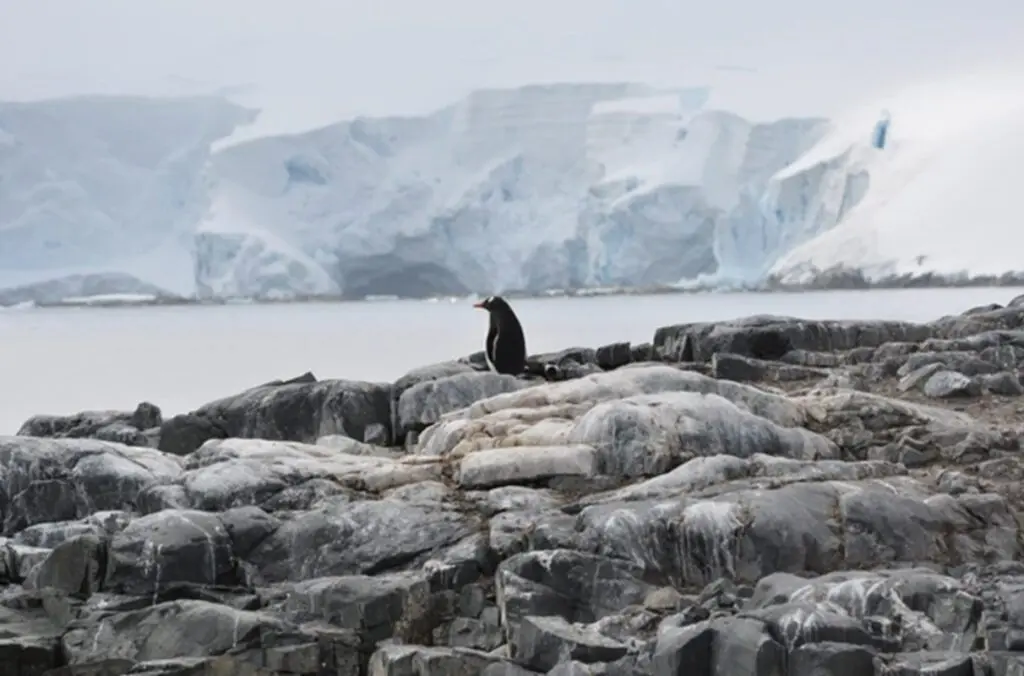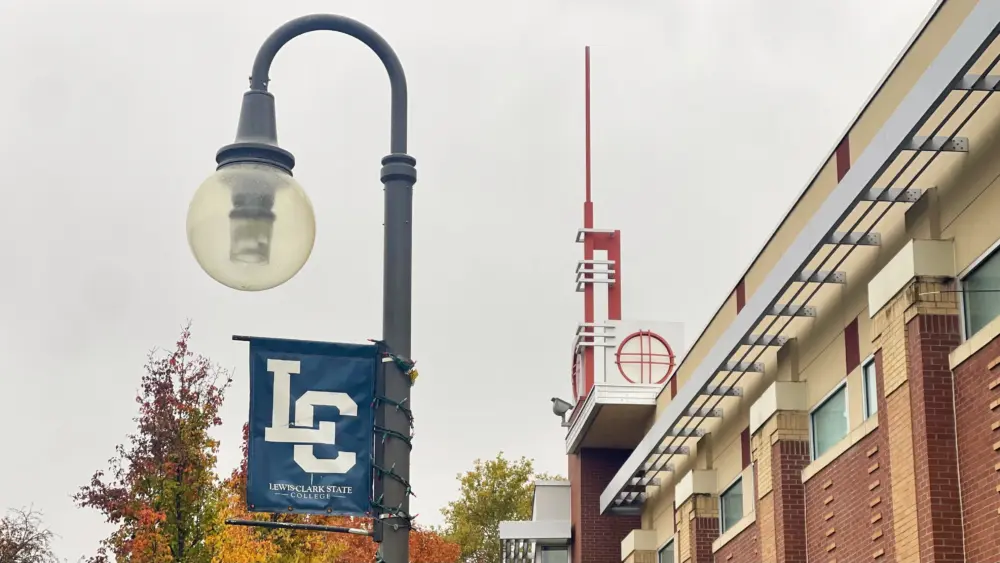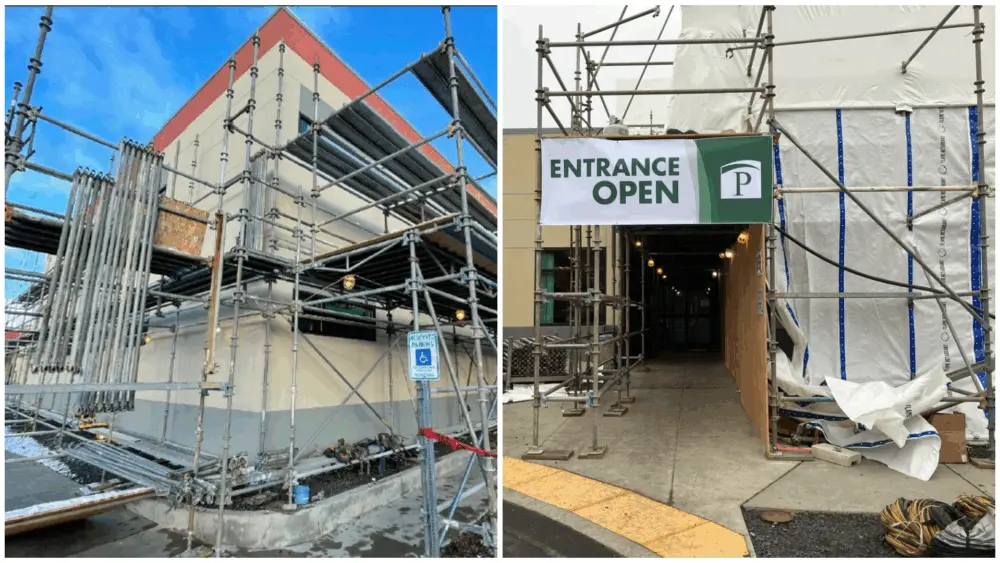PULLMAN, WA – Washington State University faculty took students around the world in 23 different study abroad programs in 2025, from frigid Antarctica to balmy Costa Rica.
Faculty-led study abroad programs allow students to get a life-changing experience while also earning course credit. In many cases, faculty-led programs are more affordable than study abroad programs run through a third-party provider. The trip can also give students hands-on research experience.
This was a considerable year for travel abroad, with 311 students traveling in 2025, chaperoned by faculty on all seven continents. Last year 256 students studied abroad on faculty-led programs, and 311 traveled in 2023.
Faculty from across the WSU system took students on research and outreach experiences ranging from hospital shadowing in Tarragona, Spain, to livestock production systems in Costa Rica. International Programs’ Education Abroad office assists all academic units system-wide in the faculty-led process from initial development to program departure. Faculty are currently working with Education Abroad on almost 50 potential programs—if enough students apply for 2026.
Japan
Alex Fremier, professor at the School of Environment, is planning a new trip to Japan in early summer 2026, seeking 8-20 students. Fremier and research assistant Amanda Stahl are coordinating the trip.
Alex Kishaba, spokesman for Developing Okinawa Through Education (DOTE), has brought Okinawan junior and high school students to visit WSU every summer since 2012. Kishaba also had a project he wanted to partner with WSU on that would bring domestic students to Japan to help with a conservation and restoration effort.
Fremier said he’s been working with Kishaba to develop a project centered around restoring a small lake located on a small island south of Japan called Iheya, part of the Okinawa Prefecture.
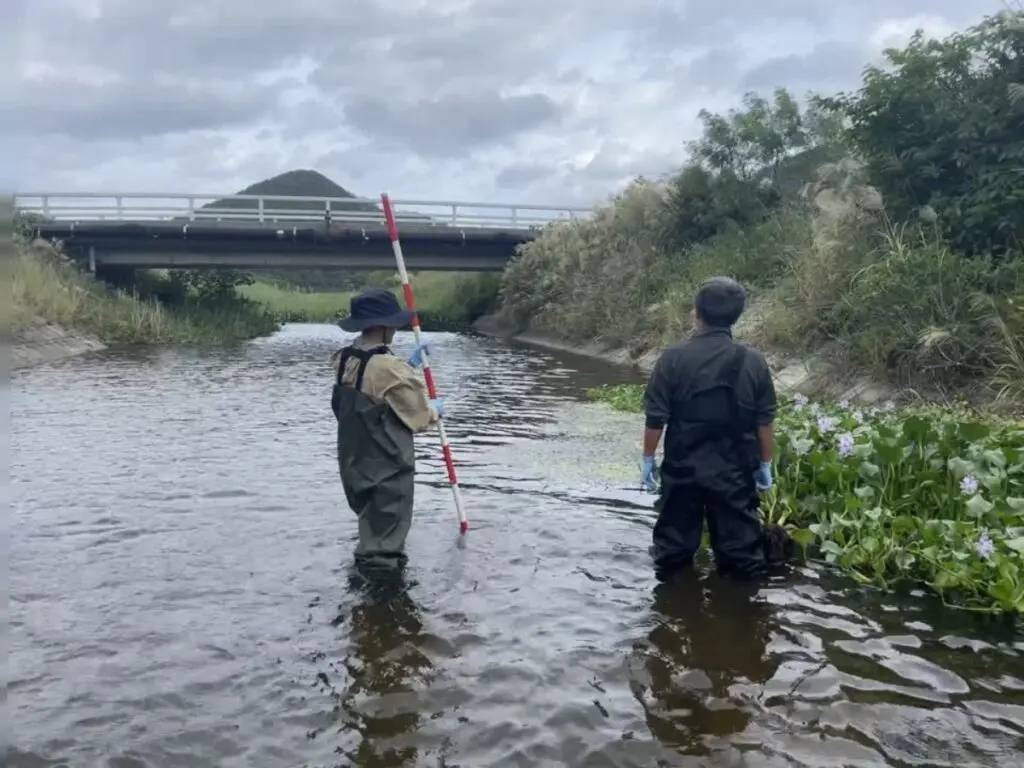
“We are interested in trying to give students an understanding of a place and culture and concept for international ecology,” Fremier said. “This is not a Discovery Channel show where you will go to Kyoto and see all the temples … (Iheya) is really rich in history itself and the cultural overlay with how Japanese people interact with restoration, conservation, and nature.”
Fremier said he hopes the project will challenge students to think outside of an American perspective of nature restoration and collaborate across different expectations and language barriers. The lake the group will be working on used to be unimpacted by humans, but for the past 300 years it has been filled in due to land use. The goal is to assist community and governmental members on Iheya to develop a plan to restore the aquatic system.
“One thing we are trying to do is incorporate a research expectation into study abroad into tangible research skills,” he said. “What questions should we answer, what data is needed to answer that question, is somewhat unique with the faculty-led piece, which is in understanding the place deeper and creating new knowledge.”
Costa Rica
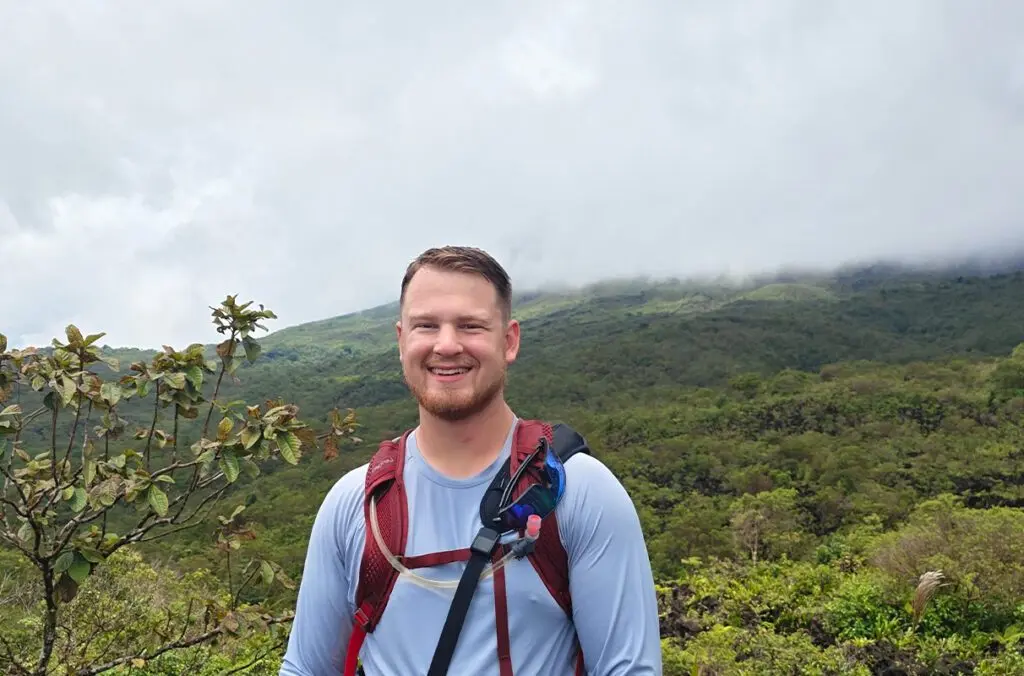
John Balke poses for a picture in Costa Rica.
Faculty-led programs offer the opportunity to work and research outside the classroom that can’t be replicated back home. Animal Sciences Senior John Balke said his trip, led by Associate Professor Martin Maquivar, was about as affordable as a private trip abroad, but the value of learning about livestock production in Central America was well worth the cost.
Balke was among 18 students who toured several different animal production facilities, including the largest dairy operator in the country, Dos Pinos, a cooperative that produces a variety of dairy products like cheese, milk, and even candy. Typically, an American dairy producer focuses on a narrow group of products like cheese or ice cream.
“If you could think of a dairy product, (Dos Pinos) produced it,” Balke said.
The students also toured a facility that focused on milk production from goats, sheep, and donkeys. Tasting donkey milk was an experience Balke will never forget.
“It’s sweeter than cow’s milk,” he said. “It’s similar to like 1% in texture.”
Balke said traveling abroad, having visited South Korea and Europe independently before, he notices more similarities than differences between people.
“Every time I’ve gone to a new country, I’m like it’s going to be so different, but I just feel like a human in a different setting,” Balke said. “A lot is the same if you go anywhere else in the world, like with ranching, you go through an alleyway to collect the cattle to be able to work on them safely.”
The full list of faculty-led programs for 2026 will be updated as programs are finalized.

